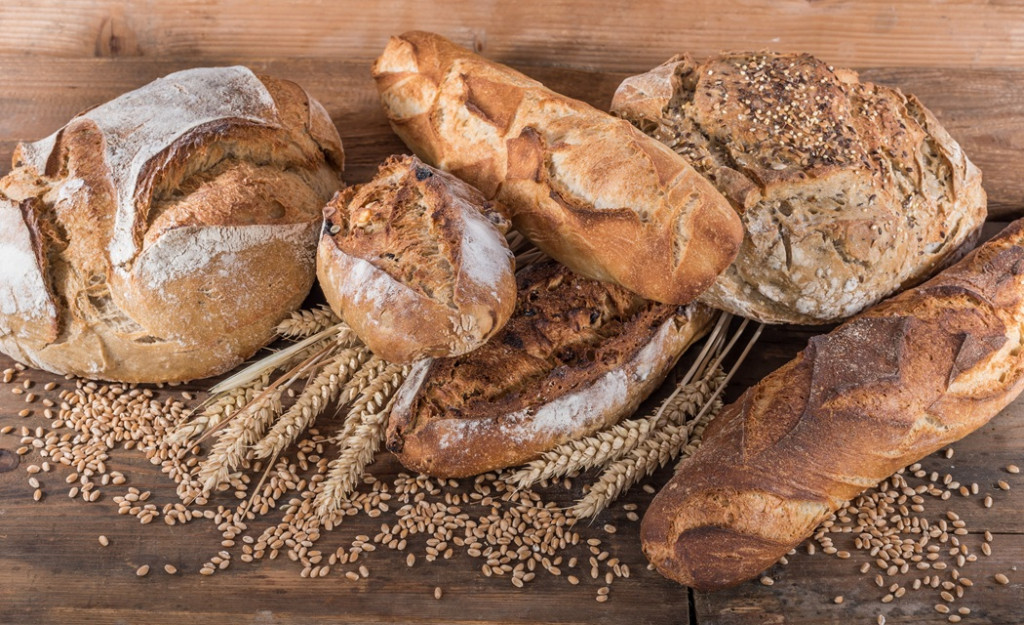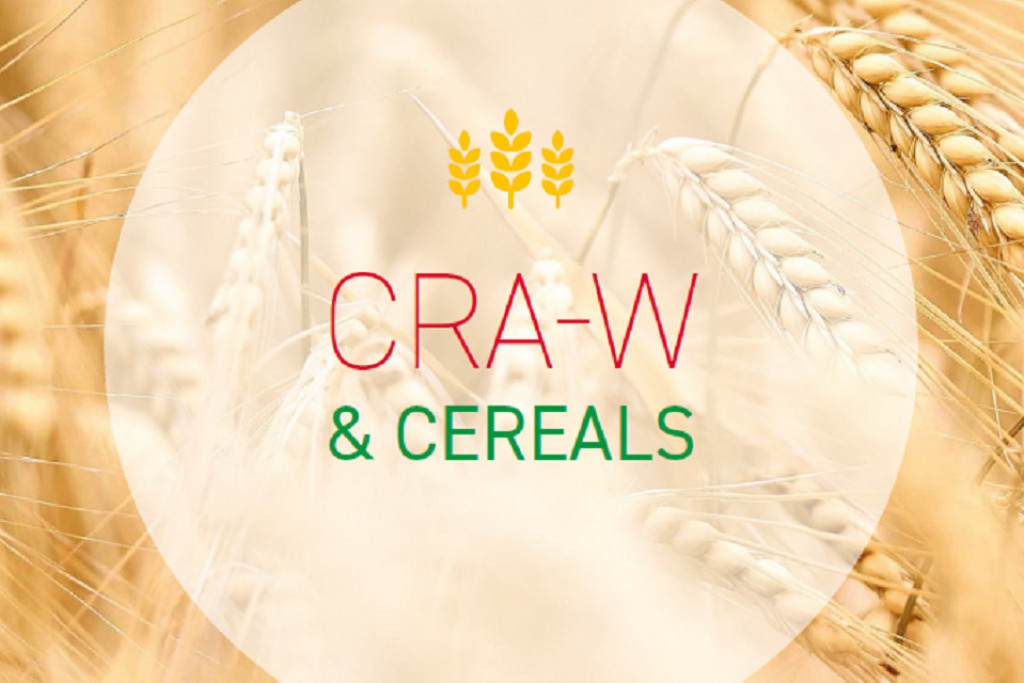During each harvest season, a portion of grains cannot be used for food purposes, for technological or sanitary reasons. The ValCerWal project is developing solutions to prevent these issues, in order to facilitate the success of Walloon cereals in food production. The project is primarily focused on the aptitude of wheat and spelt to produce bread. It also looks at assessing the quality of brewing barley and durum wheat. This project is developing three approaches to limit technological or sanitary issues:
- Optimising the tools used to sort cereals for the desired valorisation, by defining the sorting equipment and settings based on the expected issues and the quality sought. A platform of lab-based sorting pilots has been implemented. Each sorter separates grains based on specific physical and/or biochemical characteristics. Grain-by-grain infrared optical sorting can also be considered for real-time, high-throughput quality control, in-depth analysis of batch quality and improved management of contaminants.
- Adaptation of quality criteria to processing, by identifying and looking objectively at the relevant technological and sanitation criteria. Rheological analysis methods, as well as high-speed, non-destructive spectroscopic methods, have been improved in order to evaluate the quality of cereals more easily.
- Quality research to provide advice to farmers and food processors about choosing varieties, recommendation about nitrogen fertilisation, batch mixtures and analysing new batches before and after harvesting. Preliminary tests of cylinder, millstone and semolina milling are conducted on lab-based pilots.
With these approaches, a significant portion of the grains will no longer be lost as they were before. Reducing these losses represents an economic gain for farmers and cereal processors. This is essential for transitioning towards a more sustainable and resilient Wallonia.
Funding: Walloon Recovery Plan




